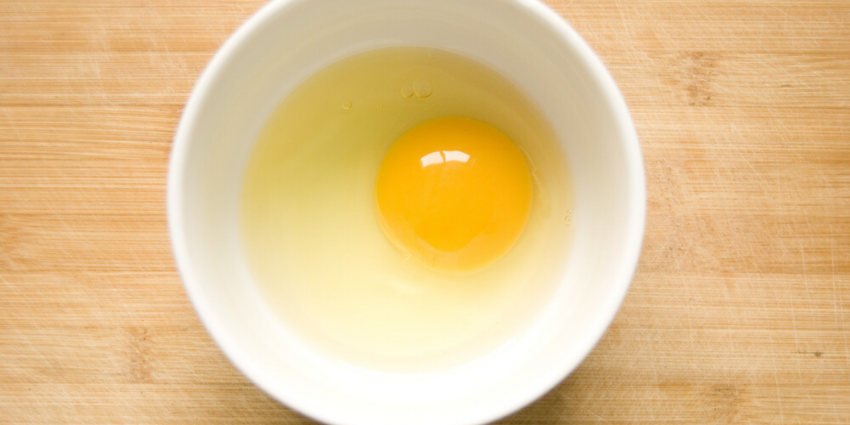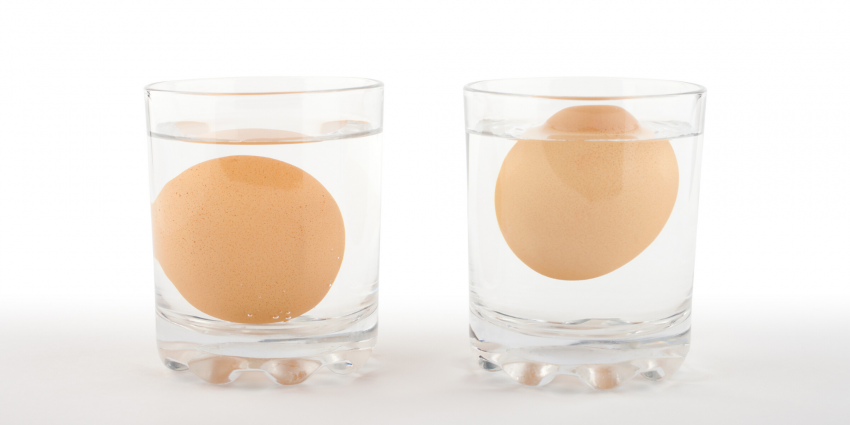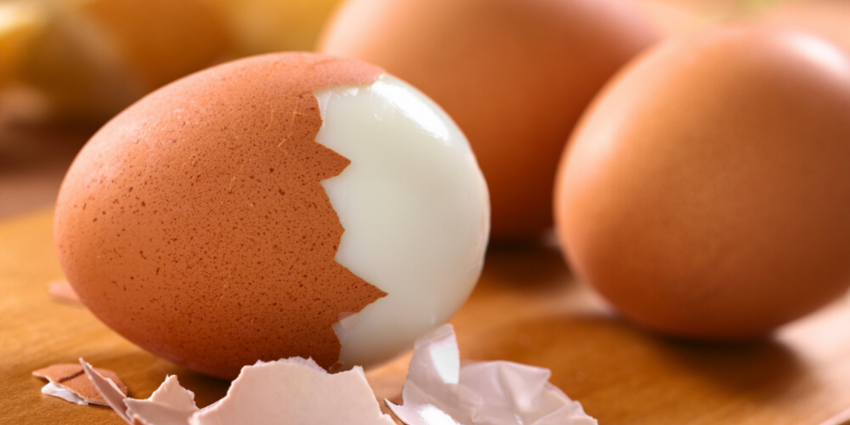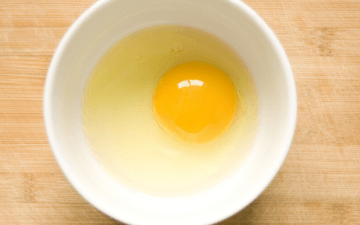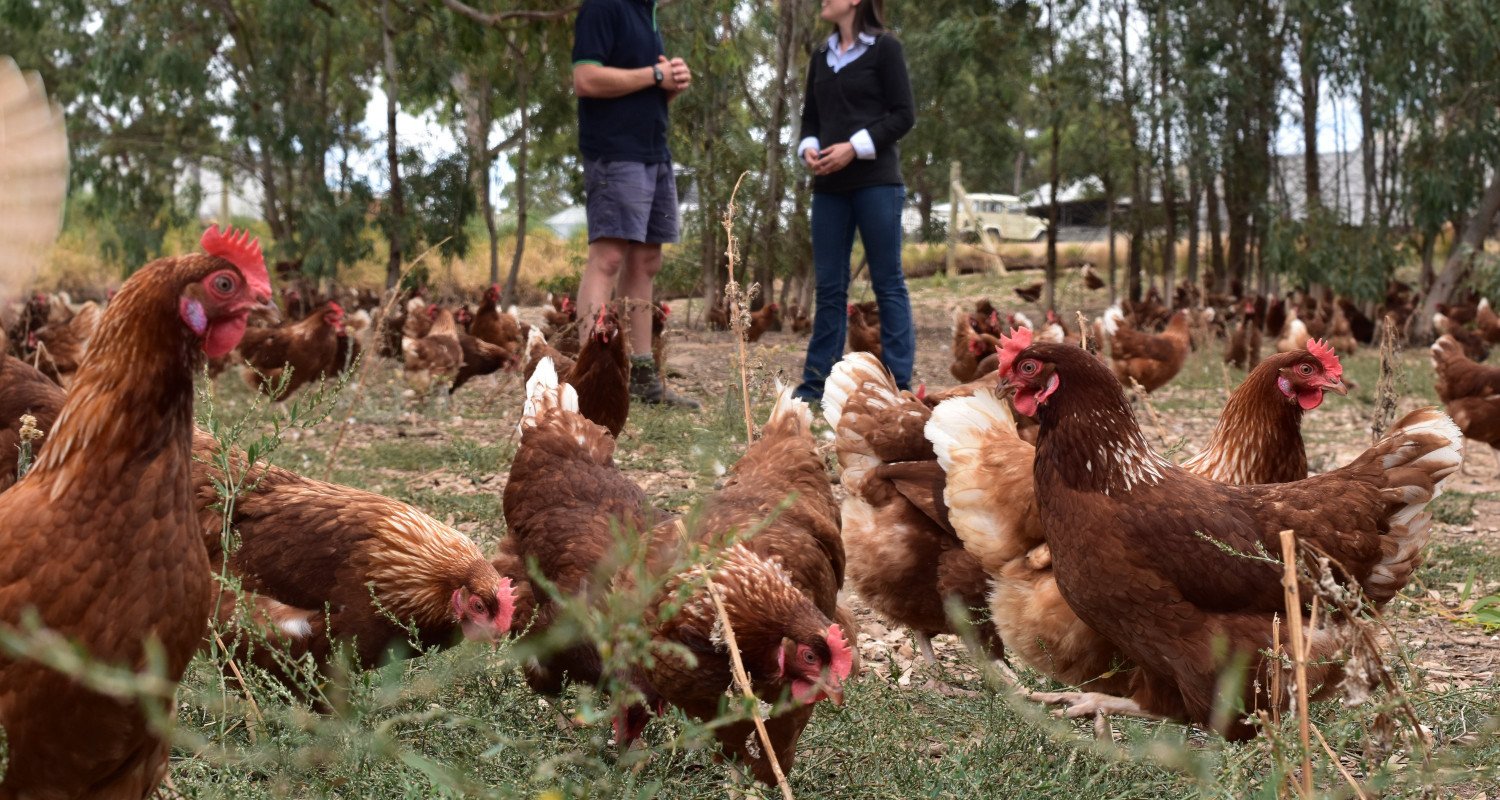
How to Tell If Eggs Are Off
Frequently Asked Questions
How Can You Tell If Eggs Are Bad?
All egg cartons and trays sold in Australia must be marked with a best before date and this is the easiest and most reliable way to check whether eggs are still ok to eat. If you're still unsure a fun method is to conduct the egg floating test. This is not a myth; fresh eggs sink while bad eggs float to the top. Simply fill a bowl with cold tap water and place your eggs in it. If they sink to the bottom and lay flat on one side, they are fresh and good to eat.
How Long Do Hard-Boiled Eggs Last?
Hard-boiled eggs can last for up to one week in the refrigerator if they remain in the shell or about five days if peeled. Just make sure you refrigerate the eggs within two hours of cooking.
What Does a Bad Egg Look Like?
It’s hard to tell if an egg is off just by looking at the shell. A fresh egg should have a bright yellow or orange yolk and a thickish white that doesn’t spread too far. If it’s off, the yolk will be flatter and discoloured and the egg white will be far runnier.
How Do I Prevent Eggs From Going Bad?
- Check the eggs inside the carton before buying them and avoid eggs that have cracks or dirt.
- Refrigerate your eggs in the carton they come in to prevent breakages, odour absorption, and water loss.
- Don’t leave refrigerated eggs out at room temperature for more than two hours. The eggs will sweat and that creates an environment conducive to bacterial growth.
- Keep refrigerated eggs for up to six weeks but always follow the best before date on the carton.
What Happens If You Eat a Bad Egg?
If you eat a bad egg, you are at higher risk of exposure to bacteria that can cause food poisoning, such as Salmonella and E. coli.
 >
> 